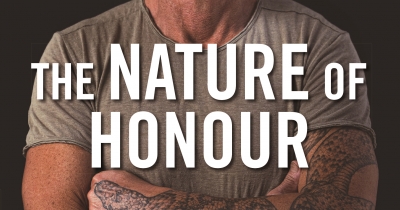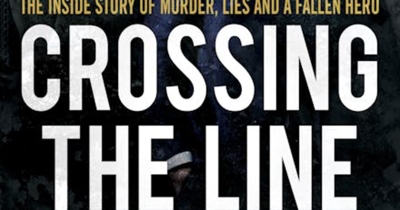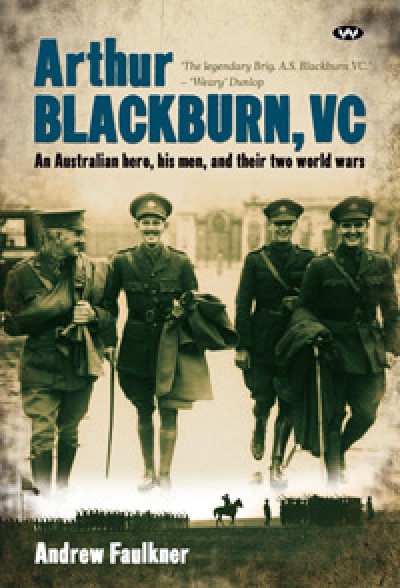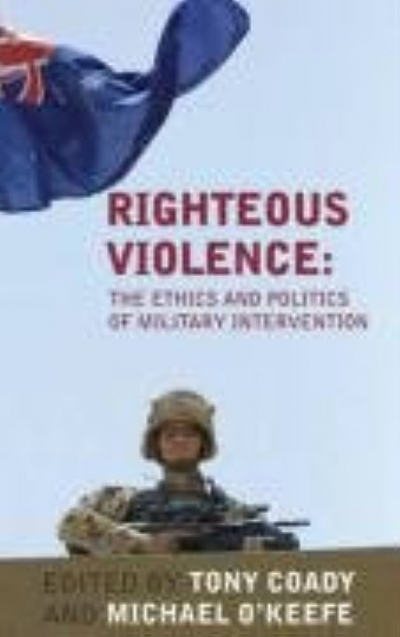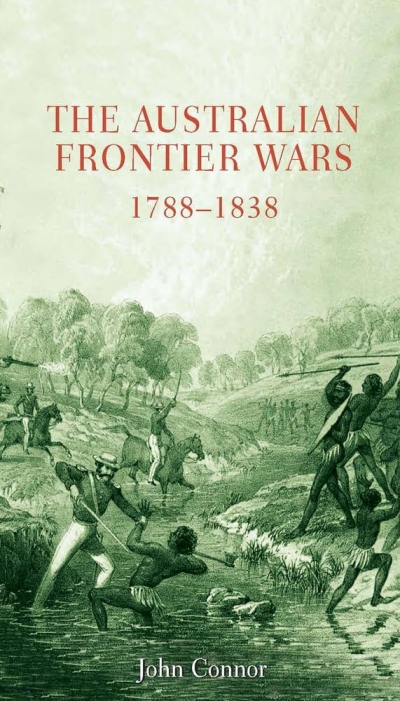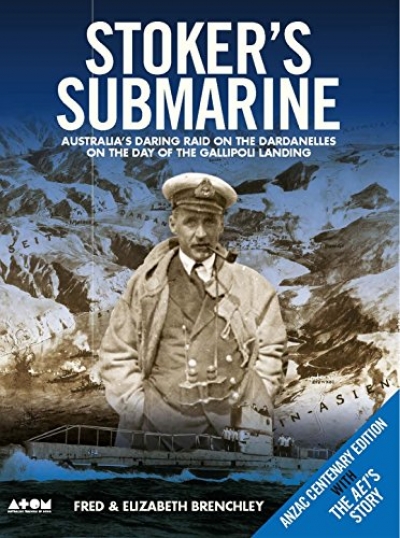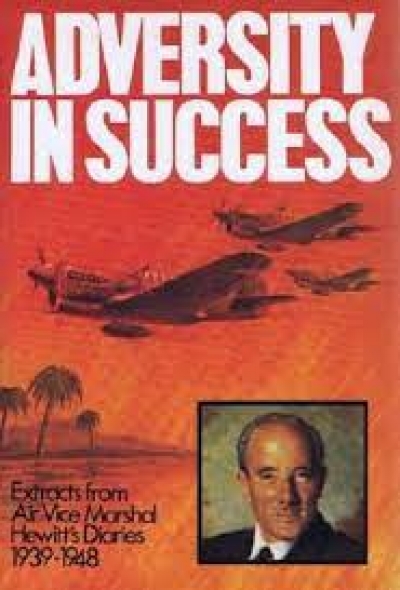Military
The Nature of Honour: Son, duty-bound soldier, military lawyer, truth-teller, father by David McBride
by Kevin Foster •
Arthur Blackburn, VC: An Australian hero, his men and their two world wars by Andrew Faulkner
by Robin Prior •
Beyond belief: The British bomb tests: Australia’s veterans speak out by Roger Cross and Avon Hudson
by Wayne Reynolds •
Righteous Violence edited by Tony Coady and Michael O'Keefe & A Matter of Principle edited by Thomas Cushman
by Jonathan Pearlman •
The Third Try by Alison Broinowski and James Wilkinson & Australian and US Military Cooperation by Christopher Hubbard
by Daniel Flitton •

